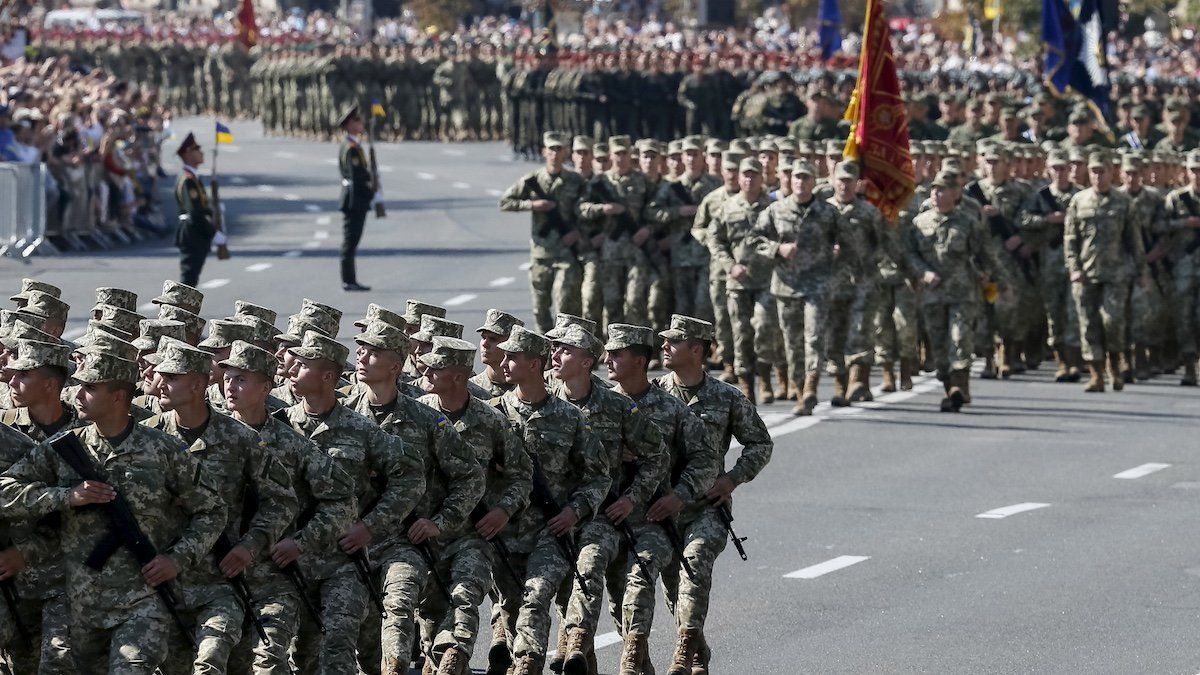A new mobilization law came into force on Saturday as Ukraine struggles to counter a growing Russian offensive in the northeast part of the country. The legislation, passed in April, requires men aged 18-60 to carry their military registration documents with them at all times and present them upon request. Conscripts must update their address, contact information, and military records within 60 days through government institutions or a mobile application.
To grow the ranks and deter draft dodgers, President Volodymyr Zelensky also signed two bills allowing prisoners to join the army and hiking fines for evading conscription. The government will offer troops cash bonuses and money toward houses or cars. But critics warn the treasury can’t afford the proposed incentives and that businesses will be forced to close if the military siphons more workers.
One thing the law does not address is demobilization. Early drafts of the law proposed that troops serving for 36 months be demobilized and that those serving on the front line for more than six months be rotated to other positions. But Ukraine's military leadership successfully lobbied against those proposals, concerned that it would strip them of their most professional and experienced troops.
To counter charges of undermining soldier morale, the Ukrainian Defense Ministry says it is working on a separate demobilization bill. But it remains to be seen whether higher troop numbers will be enough to turn the tide for Ukraine.
